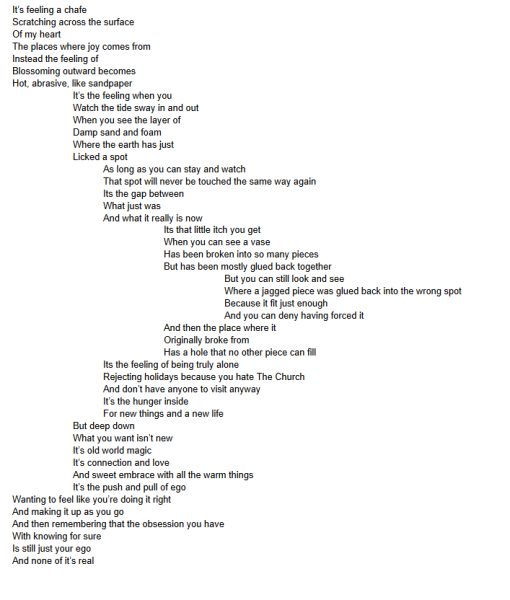
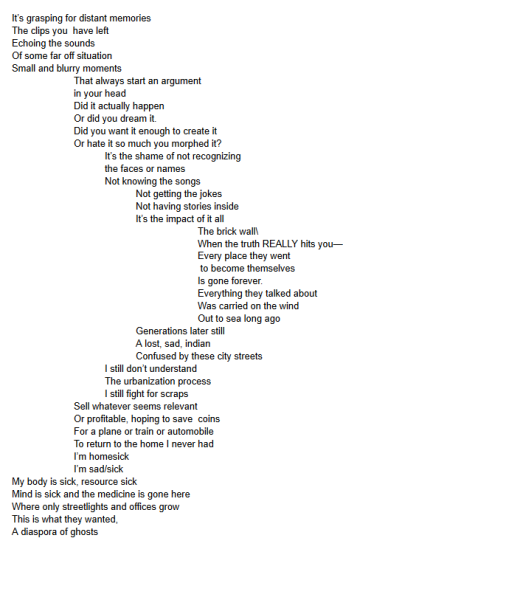
An Interview with Forrest Klamath
Tell us the story behind your Prism submissions.
“A Salmon Totem” came to me in a moment of deep reflection but I was also feeling some grief. As a person re-integrating into my Native community as an adult, my ongoing learning of my culture and heritage always accompanies some sense of loss. I learn beautiful, amazing wisdoms while also having to contextualize my history within a larger discourse of ongoing genocide. On a particularly difficult day, my Salmon poem was a love and grief letter to my ancestors. [Editor’s note: “Salmon Totem” is a work featured in the 2024 print edition of Prism magazine.]
How does your cultural or personal identity inform your creative work? Would you say that your background influences a lot of your creative process?
My positionality is a queer transfemme indigenous person. I live in poverty and I engage everyday with in a healing process from PTSD and many losses. So my work often reflects that; I use poetry as an extension of my emotion in a way that makes me feel like I can communicate with the forces around me. I often write to my ancestors, or about them, but I also have an extensive collection of poetry to and for my queer, polyamorous lovers, friends and community.
I’d say my work is often representative of a state of being or feelings I’m processing, but those are most certainly products of my background.
Do you find that there are parts of your identity that have felt consistent or reliable throughout your life? Have you found that other parts have grown over time?
The most reliable part of my identity has been the student role, it always came naturally and I’ve always known I want to continue my education and I’ve always been fiercely independent. My queer and Indigenous identities did not start growing until graduate school when I moved to Oregon, where exploring those parts was safer and I had much more support and community.
When it comes to personal expression, do you find yourself more called to tradition and past experience, or to contemporary issues and ongoing self-exploration?
I think there are times for both. My ongoing journey and exploration through my Tribe’s history and archives often has me recreating traditional aspects of ancient culture when I want to feel more connected to that part of me. It’s a really personal and intimate space that I feel like I’m doing the most learning and listening in. When I’m creating in community with others in spaces that are less intimate it feels more natural to focus on contemporary issues and topics we all have in common.
Are there any other artists in your community or pieces connecting to your identity that have been creative influences on your artistic journey?
Dharma Mirza has been hugely inspiring to me, she is a queer icon in this community, an absolute Queen in the drag scene, and has very much positioned herself as a leader in mutual aid and harm reduction. She has inspired me in so many ways to be proud of myself, my accomplishments, and to take care of people in my community, and out of these principles has come a lot of my writing.
Has OSU had a positive, negative, or neutral effect on being able to explore and express yourself?
The queer community in Corvallis has definitely been a positive, rewarding, and safe space for my self exploration.
Tell us about a significant moment when art made an impact on your life.
Before I came to graduate school, my first career was as a glassblower in Spokane, Washington. I was a premier glass artist for 7 years and it was a time in my life when I really needed a creative outlet. Not only that, the glass community there is really tight-knit, so it was through this career I was able to experience being part of a “tribe” for the first time. For me it was also a way of proving my worth; the industry is heavily male-dominated and it’s difficult to make a decent living. During these years I found some streaks of creativity before realizing that I wanted more out of my life.
Biography: Forrest Klamath (they/them) is an Indigenous writer, student, and scholar, working toward an equitable and honest future for marginalized and displaced peoples.
Artist Statement: My poetry focuses presents my feelings and lived experiences while living in multiple identities- queer, indigenous, androgynous, trauma survivor, and as an ICWA-removed child struggling to find community and Tribal histories.
My writing is a ceremony, it is my connection to my ancestors. It is through the act of writing that I can enter and engage with the ephemeral sphere of my past kin, it’s where they share with me their pains, their joys, their journeys. It is with a pen that I bring these stories into the present with honor and pride.
Social Media: @forrest_klamath
See more of Forrest’s work in Prism’s upcoming edition, Storyteller!

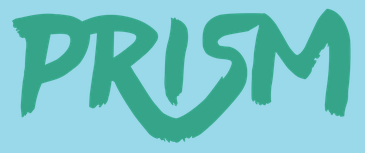
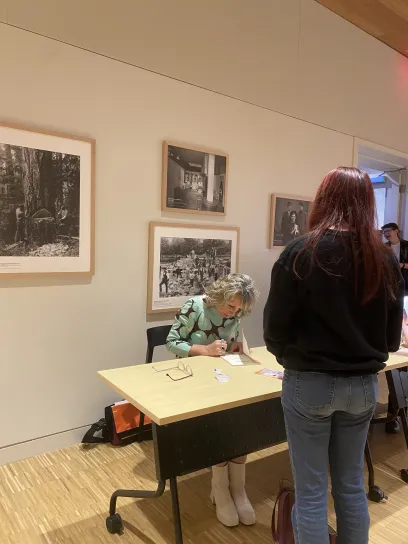
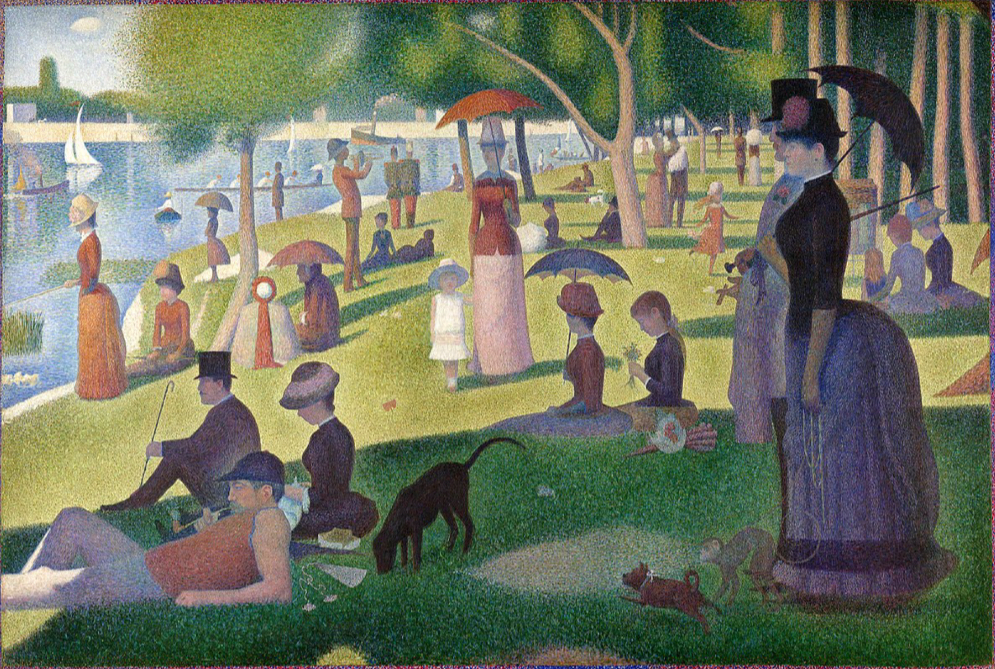
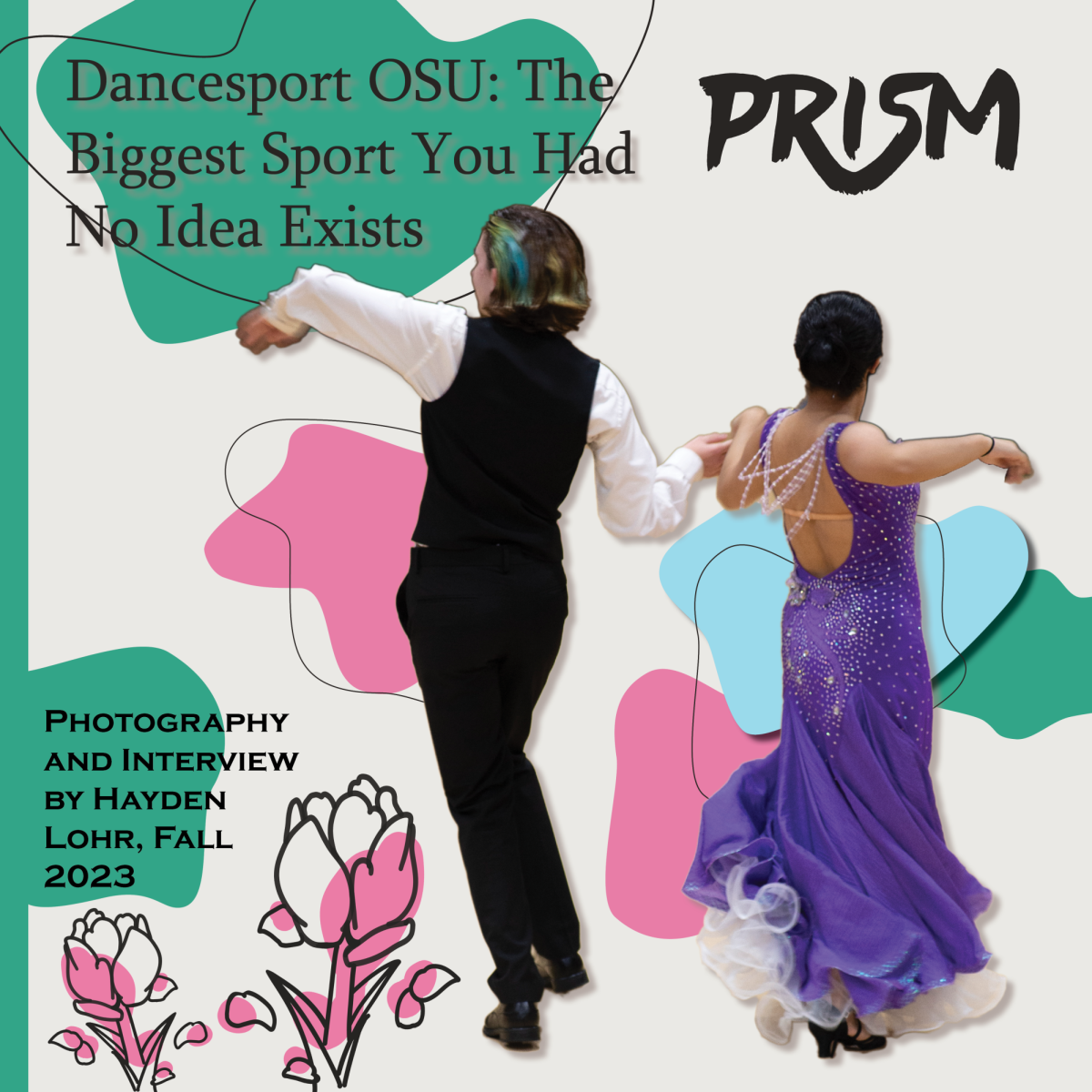
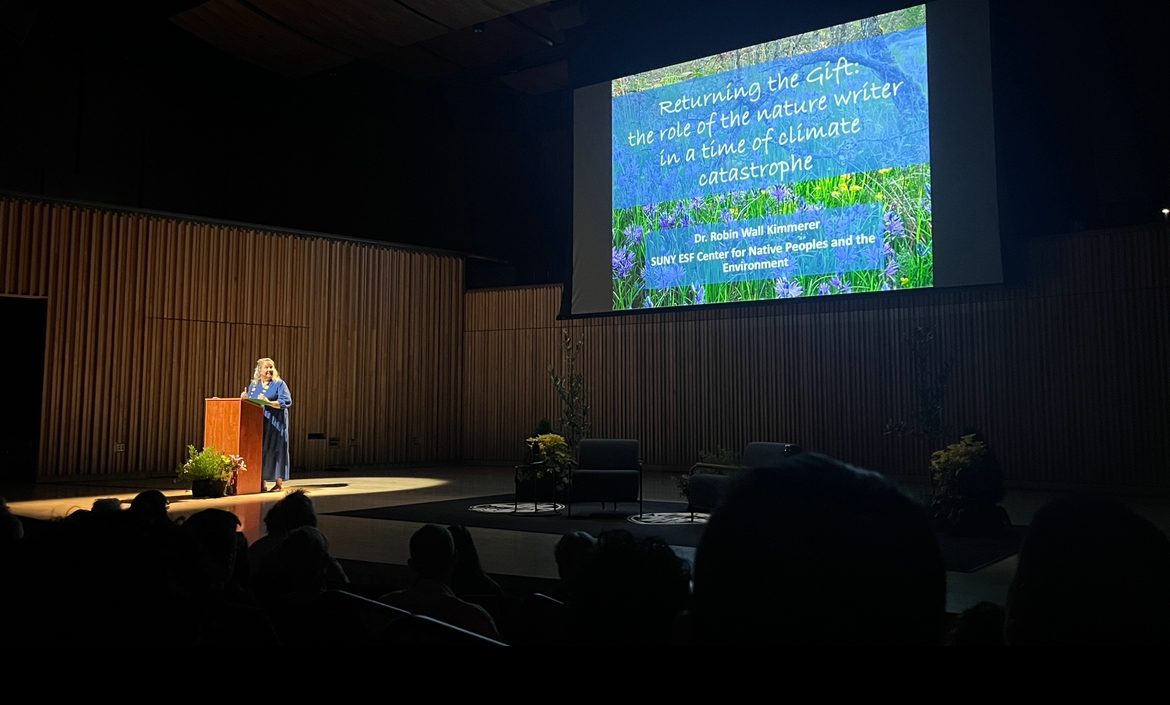
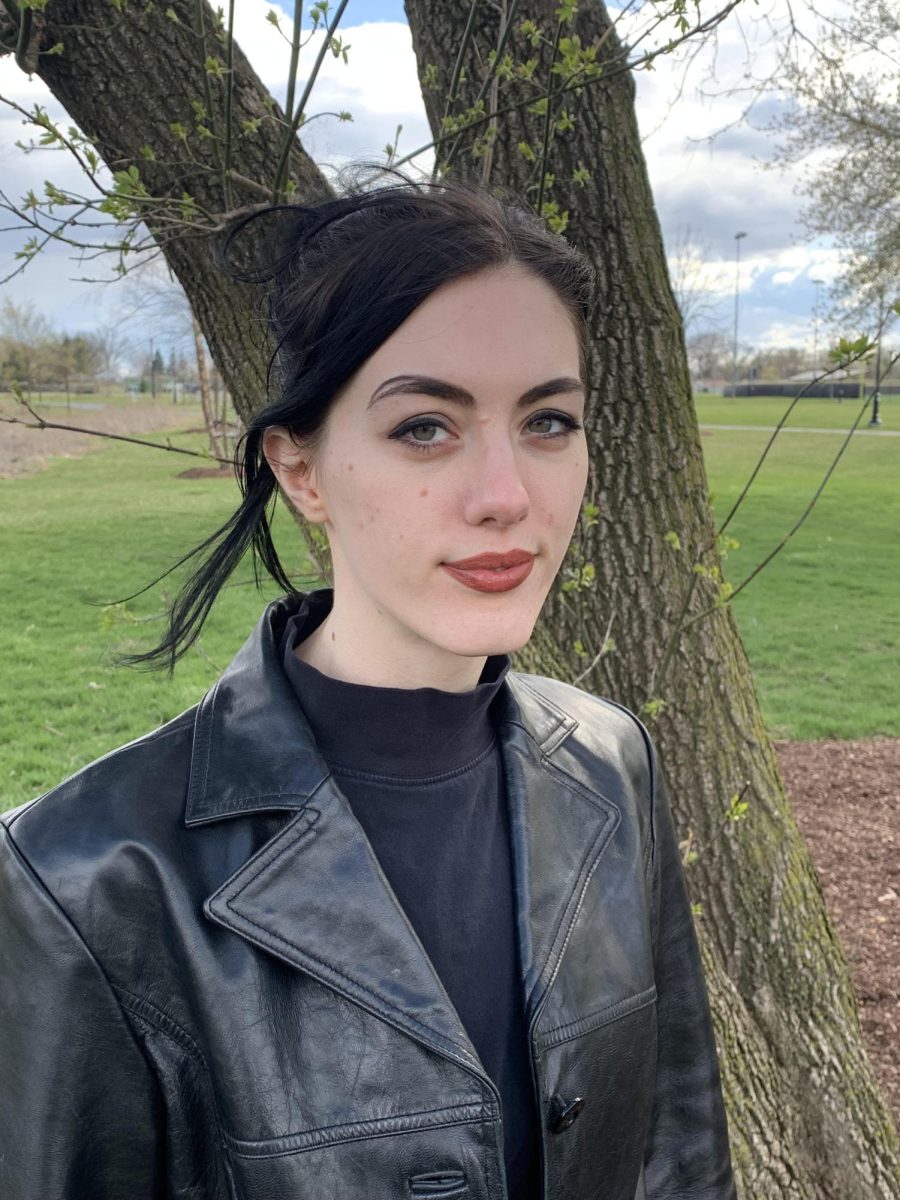
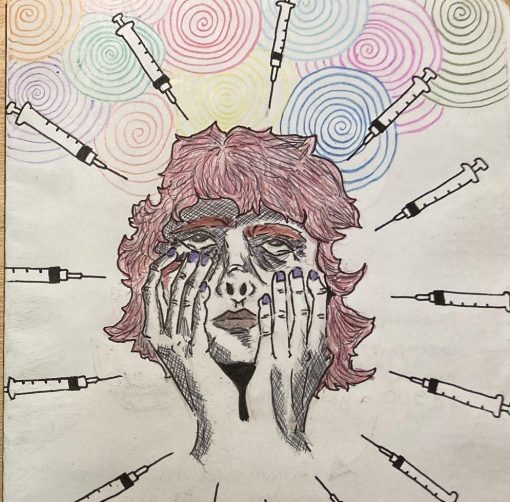

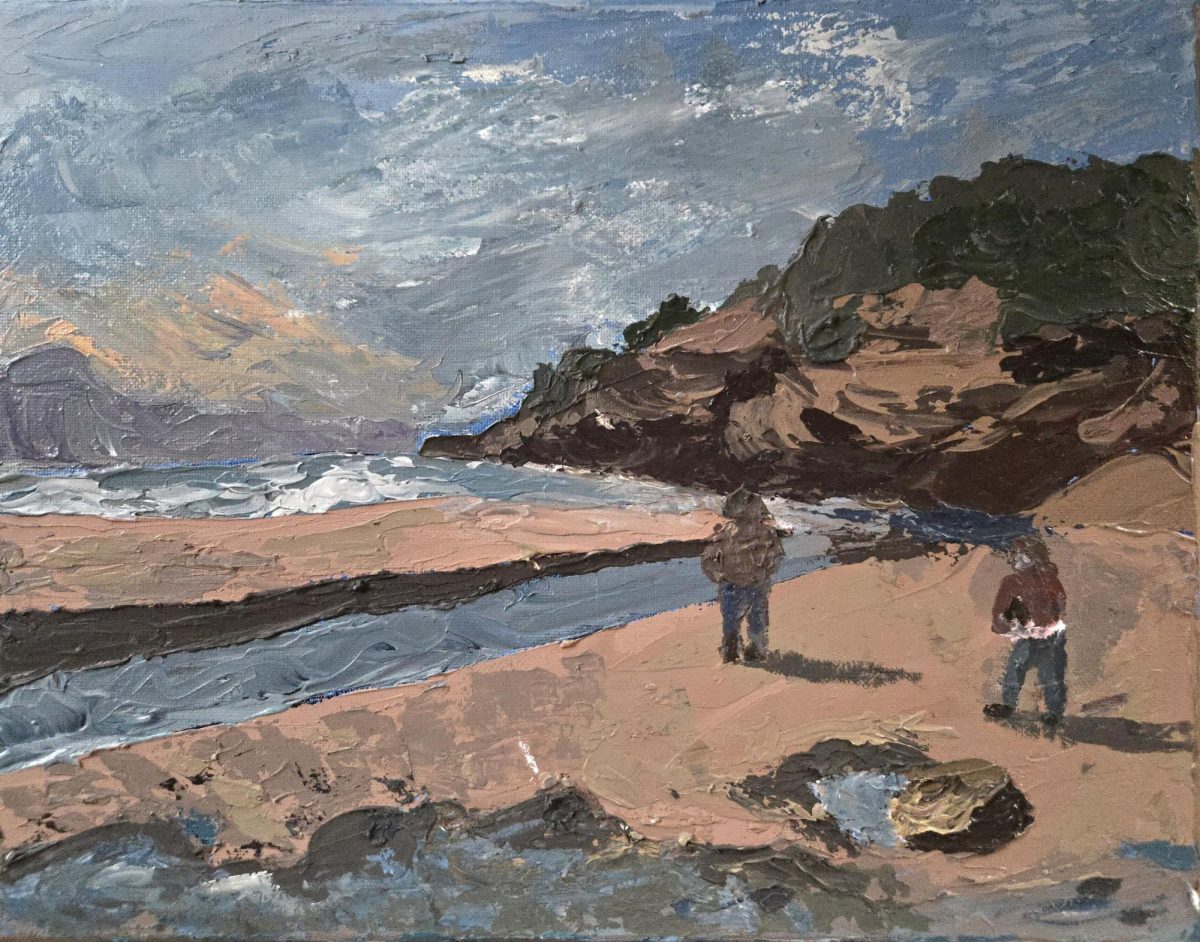
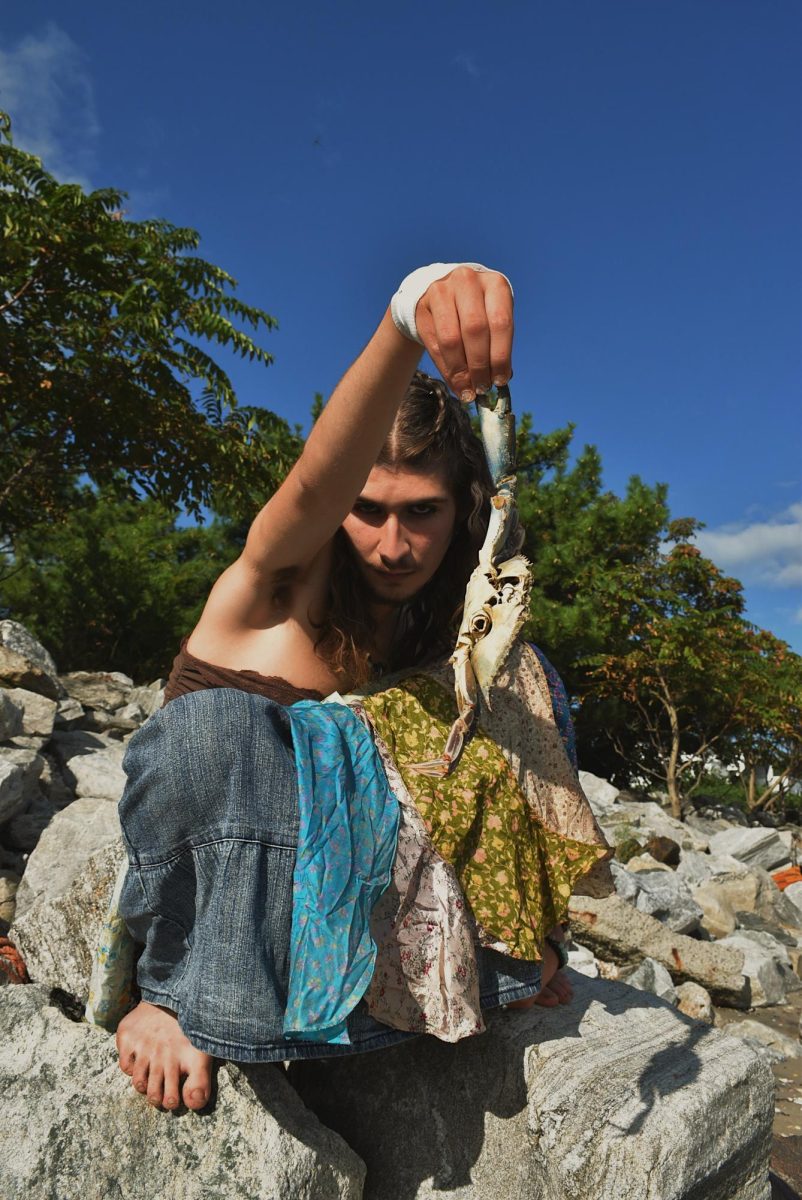
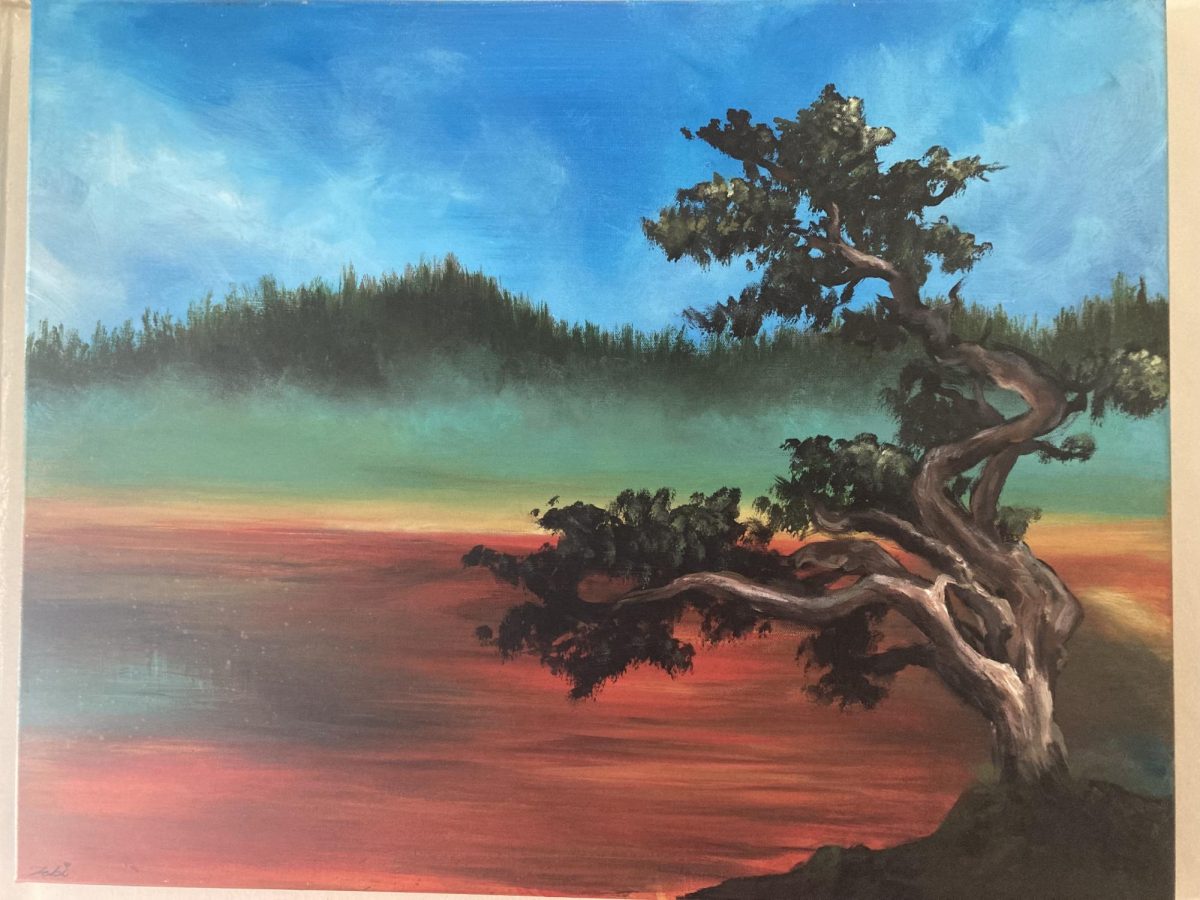
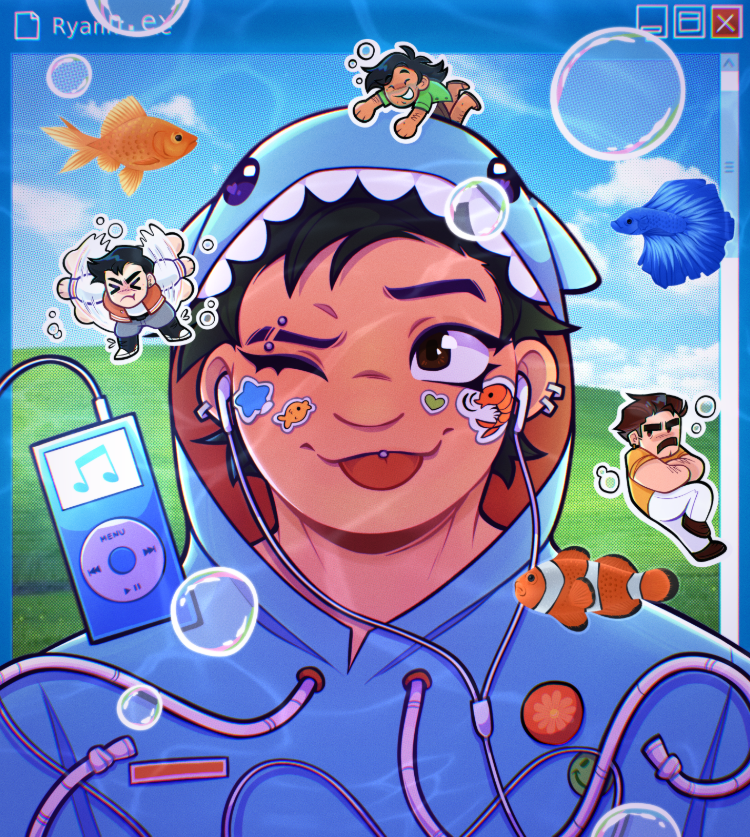
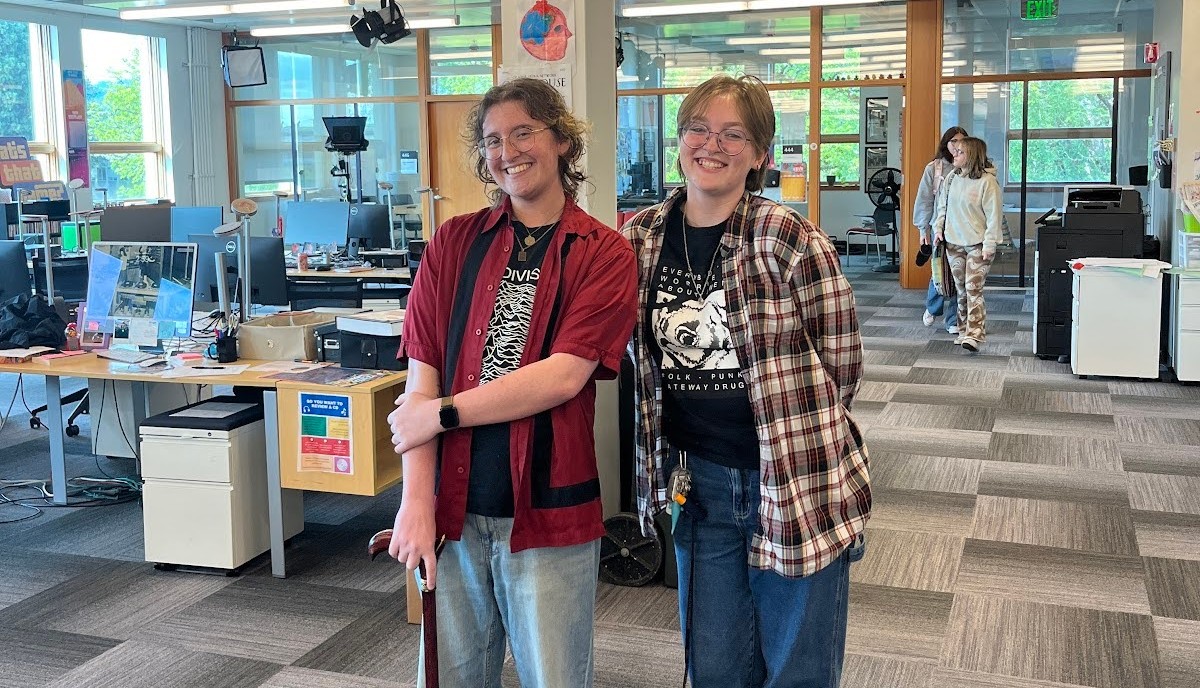
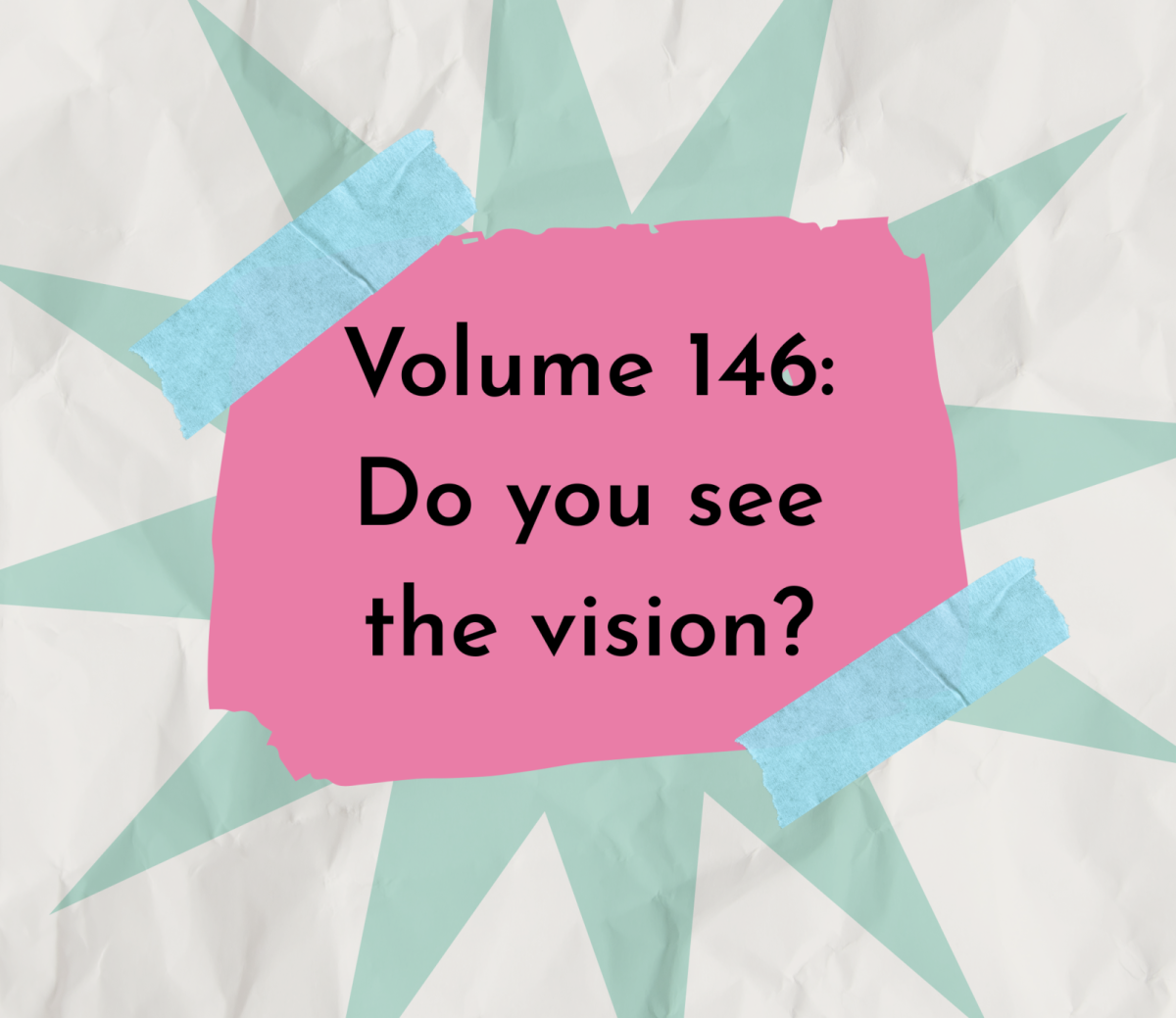
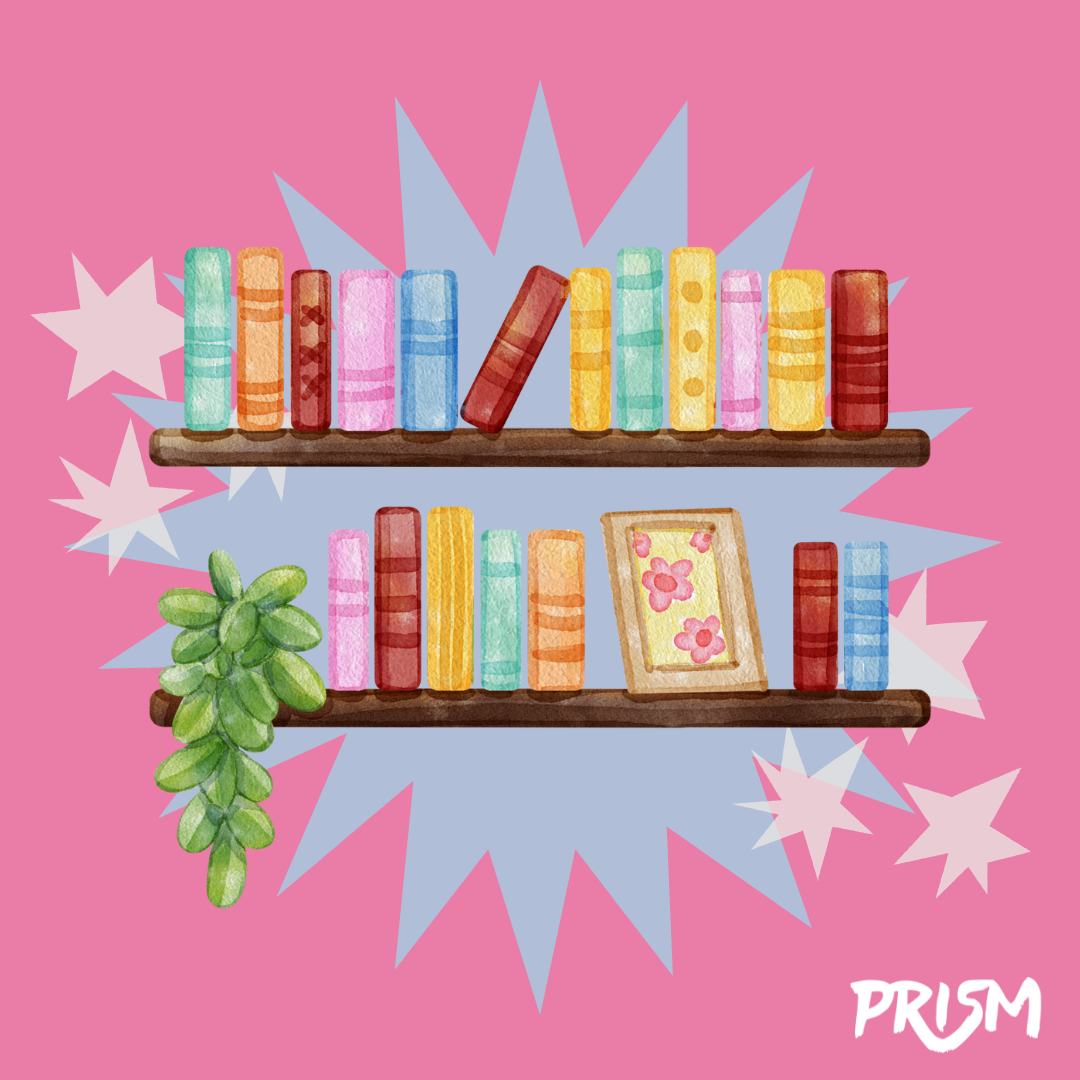


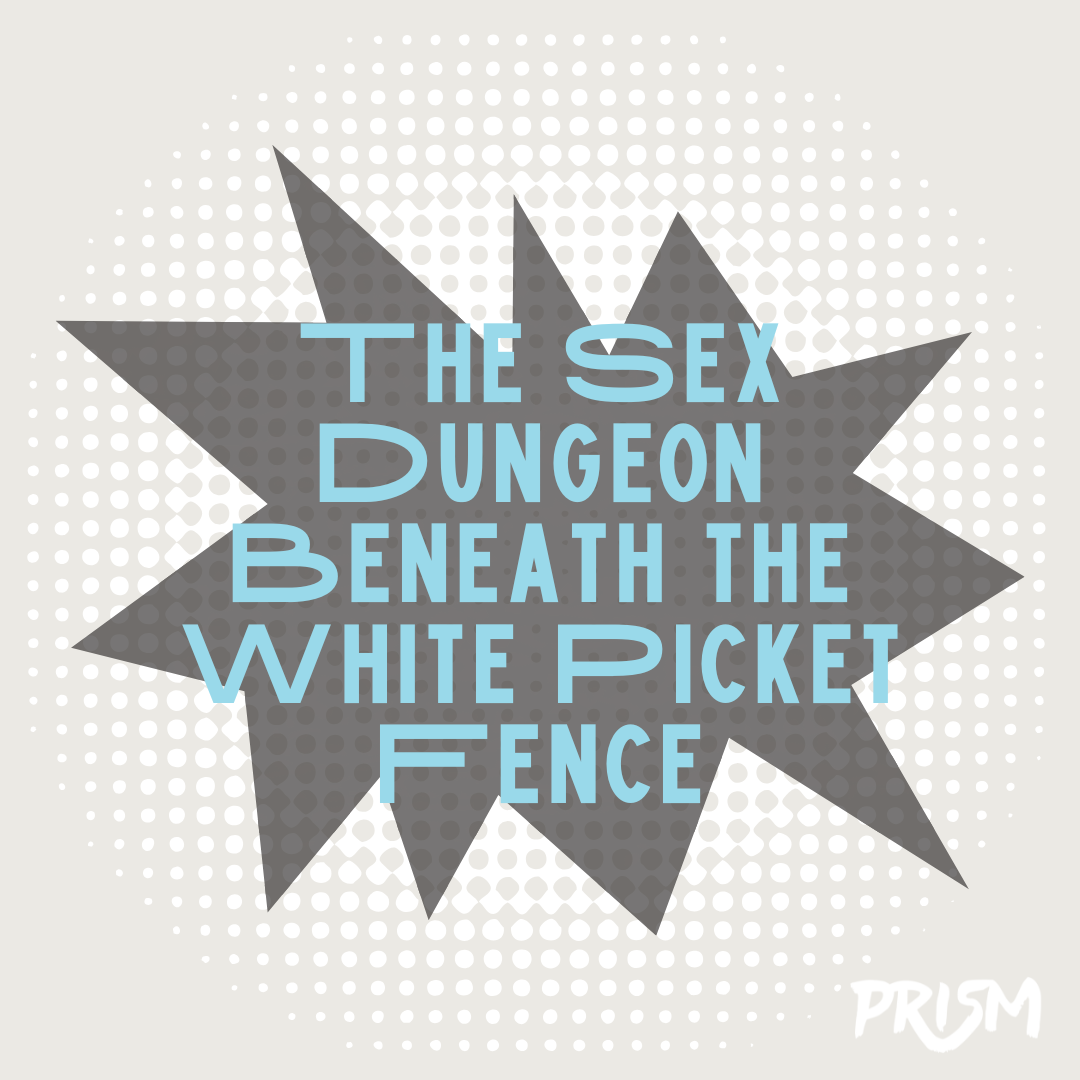
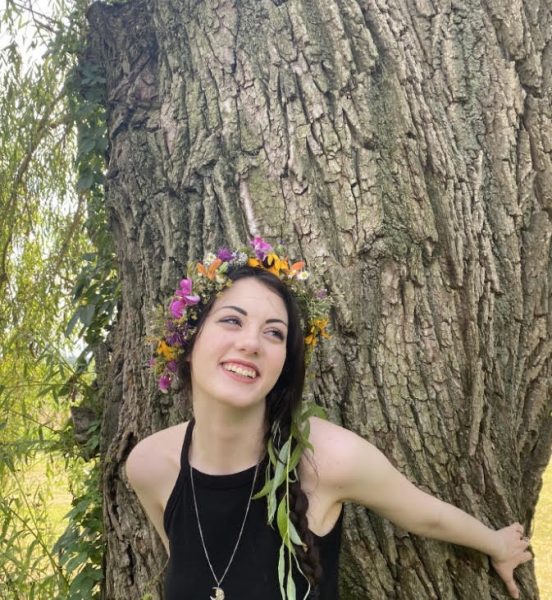
Emma • May 27, 2024 at 2:14 pm
Beautiful and so moving, Forrest